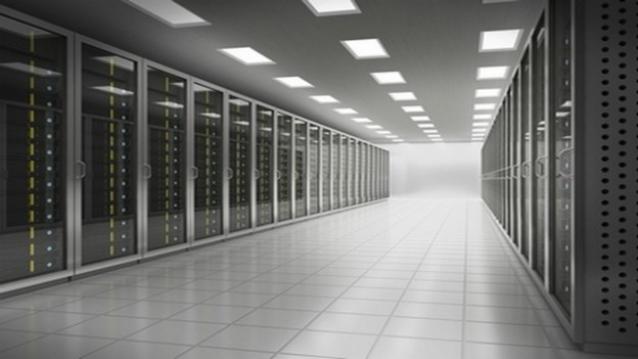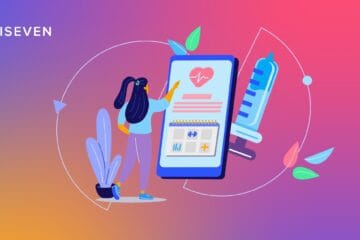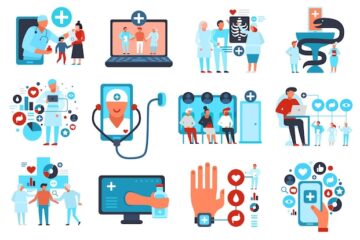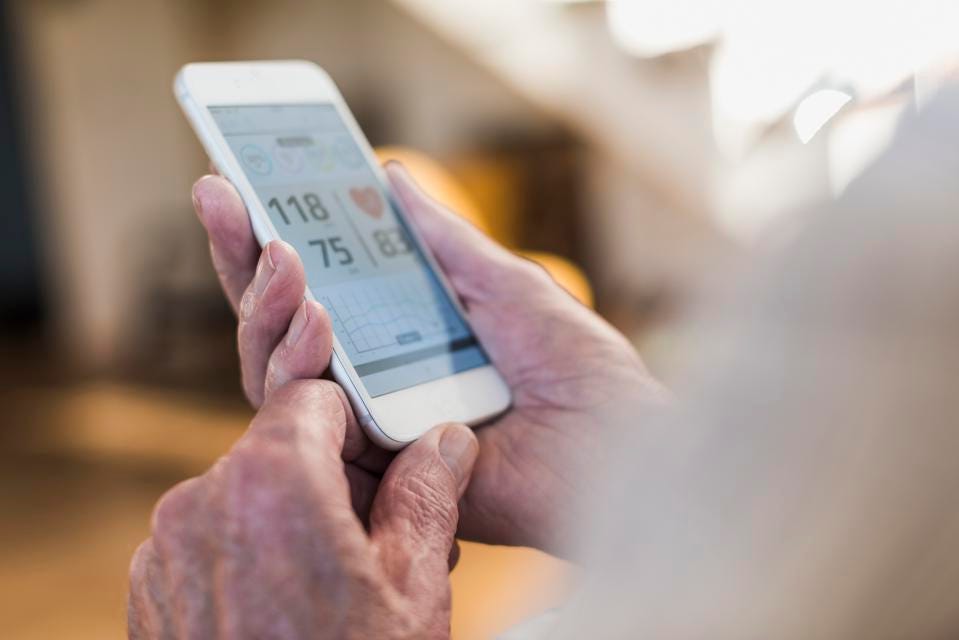
Imagine a situation where a doctor with Medicines sans Frontieres, stationed in a war zone in Afghanistan, is able to treat the victim of a rocket blast through live streaming, together with a surgeon from California. It does sound incredible, doesn’t it? Today, this is where medical science along with modern technology, including Big Data Analytics and the Internet of Things (IoT), is headed for.
Medical apps such as MDLinking are assisting doctors globally to share their best practices for treating patients on a global level. The Apps pool live streaming along with instant messaging and networking in a completely secure environment. Direct and doubly encrypted conversations among doctors take place through these Apps. The encryption guarantees that the privacy of the communications is preserved, even while the patient gets state-of-the-art medical treatment and care. Healthcare professionals that want to use the medical Apps are made to go through a rigorous credentials check before they are admitted into the system.
“Confidentiality has to be an inseparable part of any such Application, otherwise the trust between a patient and a doctor can be lost, which can lead to miscommunication or sometimes a total breakdown of communication. Although there have been wide-ranging changes brought about by technology in the world of medical science, this is one aspect that has not been appropriately explored till now,” pointed out Dhiren Singh, an official from MerlinMD, a medical devices company.
Cloud-based Big Data Analytics facilitating informed decisions
In the Apps, Big Data Analytics facilitates access to an interactive educational library that features live streams, training courses, huge volumes of research, and virtual reality productions. The features permit doctors to perform high-speed analysis, go through millions of research papers and gene-sequencing data, and run through various treatment records globally, thus getting deeper insights into how a patient with a specific blood group, DNA sequence or characteristic can be treated. Physicians can yardstick patients against previous occurrences and investigate how patients with particular genes respond to various treatments, thus helping them take decisions that are based on facts, and not judgment.
“The element of Big Data Analytics provides doctors a huge opportunity to come up with novel treatments that may have evaded them before,” said Shashank Dixit, CEO, Deskera, a Cloud-based Big Data company.
Some organisations are building interlinked networks with a range of bodies globally, including medical colleges and nonprofit healthcare organisations such as Partners in Health, the Aga Khan Development Network and Doctors Without Borders.
Developing live streaming medical Apps
Applications will have to be designed to efficiently leverage mobile storage in order to build operational offline functionality that can be useful when there is low or no Internet connectivity in places such as rural areas, war zones or those affected by natural disasters. This is unlike other Web applications that need an uninterrupted connection. The offline functionality would let the App connect with other Cloud-based applications that can retrieve data when Internet connectivity is available. For example, medical papers and journals, which are online, can be accessed through the Apps any time even in cases where there is no Internet connection or the connection is intermittent.
Medical Apps could bring quality healthcare to the Third World
Millions of people around the world, particularly in underdeveloped and developing countries with typically low incomes, have inadequate healthcare. India ranks 112 on the World Health Organisation’s list. A large chunk of the population falls outside the purview of health services. The collective medical knowledge and expertise could help provide healthcare to people in Asia and Africa. This technology is particularly useful in those settings as it eliminates the spending on transporting patients from one healthcare facility to another.
Healthcare professionals from Europe, Asia, Africa, and the USA are already signing up for such Apps, and that day may not be far when a patient in Honolulu could be operated upon by a group of surgeons located in Sidney, Amsterdam, and New Delhi.
[Source: Tech 2]




